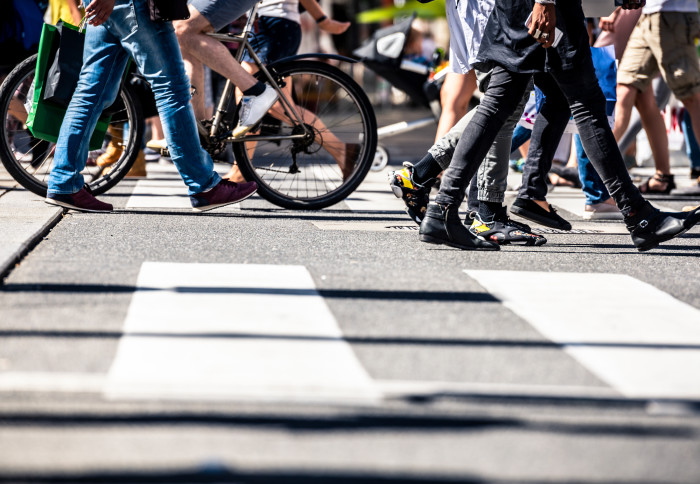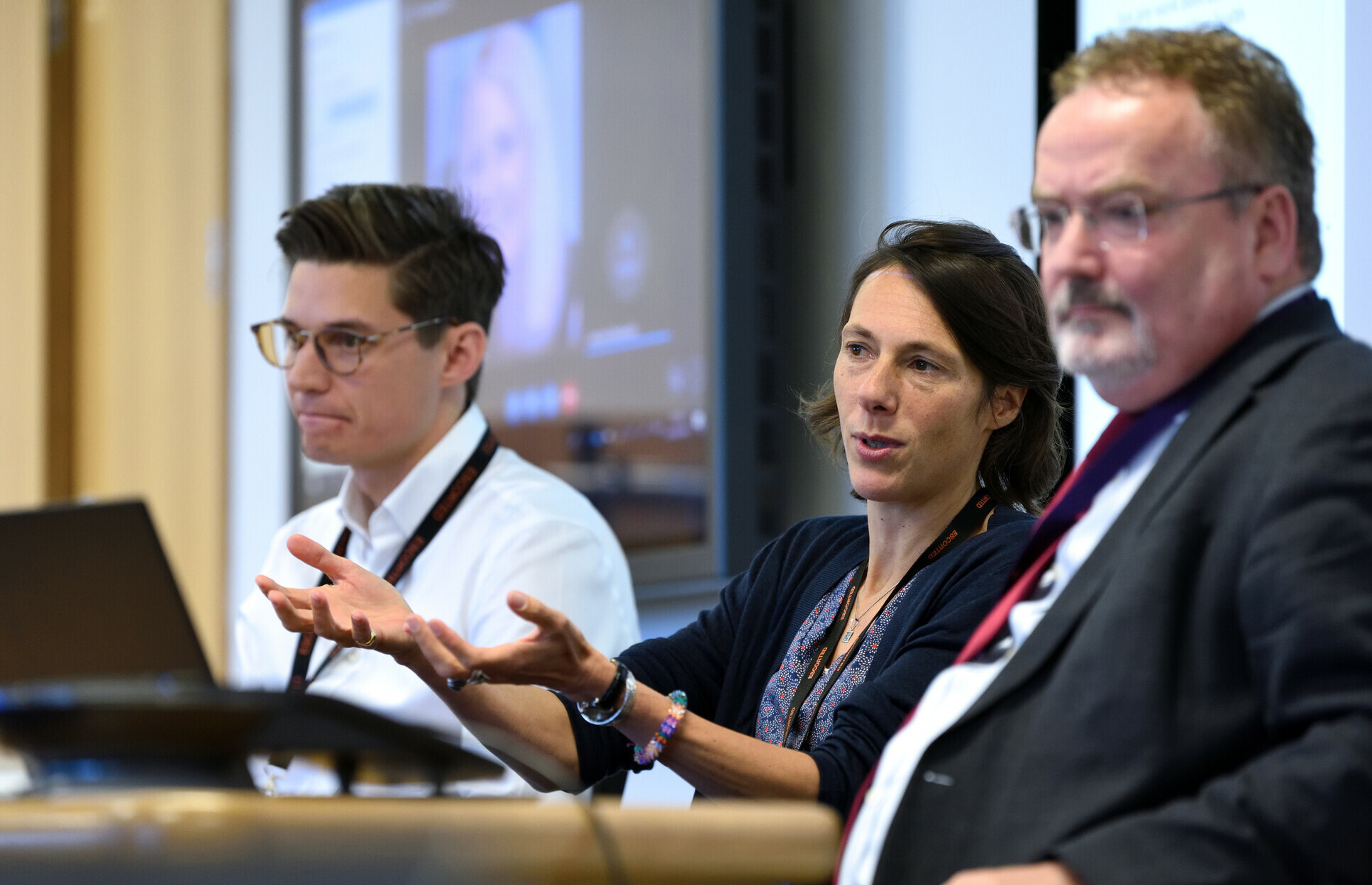

Imperial scientists have contributed their abilities to a flagship consider tank report, urging for action to reasonably decarbonise how we journey.
All aboard: A approach for fairly decarbonising how individuals journey was released this month by the Institute for General public Coverage Exploration (IPPR), in collaboration with Imperial’s Transition to Zero Air pollution initiative.
The report outlines a eyesight for a transport method that is good to all, will work to improve people’s health and fitness and wellbeing and presents a better setting for nature.
The transportation sector is at present the variety just one contributor to the UK’s greenhouse gas emissions. IPPR analysis shows that the Climate Adjust Committee’s most well-liked method to decarbonisation could direct to an 11 for each cent increase in targeted traffic in between 2021 and 2050 and a 28 for each cent improve in auto possession, rising from 34 million cars and trucks owned currently to 43.6 million in 2050.
Offering persons obtain to make great decisions is crucial and the report does perfectly in highlighting this. Professor Robert Shorten Imperial Faculty London
By positioning an too much to handle concentration on electrical automobiles in transportation decarbonisation techniques – even though an essential portion of our long run system – we miss endemic issues and inequalities in transport, argue the authors.
The report termed for a change in the present-day tactic, escalating strolling and biking expenditure by the United kingdom government to at
the very least £6 billion around the time period of this parliament, £4 billion more than is
now fully commited. It also phone calls for grants and loans to allow men and women to purchase bikes and e-scooters to guidance a transfer absent from proudly owning a non-public auto.
Professor Robert Shorten, Chair in Cyber Physical Systems Design and style at the Dyson School of Design Engineering, whose papers were being cited in the report, mentioned: “Individuals typically make bad alternatives for quite very good reasons – poverty staying a person of them. Providing persons accessibility to make superior options is critical and the report does effectively in highlighting this.”
The report also factors to the harm triggered by raw materials and production procedures affiliated with car or truck production, which by yourself will prevent us obtaining a fair and zero-pollution mobility method.

Improving people’s well being and high-quality of lifestyle even though tackling local climate transform
The report points to the health fees of continuing the position quo, vs . the potential enhancements to people’s high quality of existence of much more formidable policies. Although transport contributes to some of today’s biggest general public health and fitness troubles, the report argues that “if the proper procedures and expense are put in location, walking and biking can have an crucial role to enjoy in bettering population health.”
We’ve been generating the scenario for answers to tackle local weather modify by urban variations that promote lively journey. Not only do these reduce emissions, but also boost health and wellbeing. Dr Audrey de Nazelle Imperial College or university London
The report references three papers co-authored by Imperial’s Dr Audrey de Nazelle, Senior Lecturer in the Centre for Environmental Coverage and guide of Imperial’s Community of Excellence in Air Top quality.
A single paper demonstrated the large potential for walking and cycling to add to climate improve mitigation. Analysis of longitudinal facts from seven European towns discovered that cyclists experienced 84 for each cent reduced lifestyle cycle CO2 emissions than non-cyclists.
An additional paper showed that in urban areas biking has also been affiliated with great self-perceived overall health, psychological wellness, vitality and fewer feelings of loneliness. A third paper was referenced to show that taking up cycling, or rising present concentrations of cycling, is associated with a lower BMI than car use.
Dr de Nazelle said: “We have been making the scenario for solutions to tackle local weather improve as a result of alterations in the urban form that advertise active travel. Not only do these cut down emissions, but also enhance health and wellbeing, expanding physical action, lowering tension and bettering bodily and mental health and fitness.”
Imperial’s eyesight for a sustainable zero pollution long term
In September, the School introduced a new strategic programme Transition to Zero Air pollution, 1 of the initially initiatives of Imperial’s new Academic Technique, with a launch event featuring a keynote speech from Mary Robinson. The initiative captures our eyesight to rework the way we think about air pollution, bringing with each other tips all around resource management, health and fitness and environmental impacts, socio-financial and human behaviour in a ‘whole system’ approach.
Imperial University London is grateful for the help of the UKRI Strategic Priorities Fund for carrying out this get the job done.

